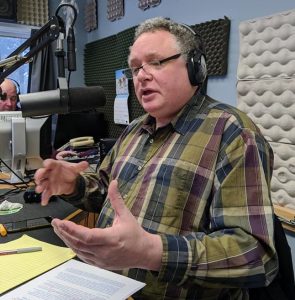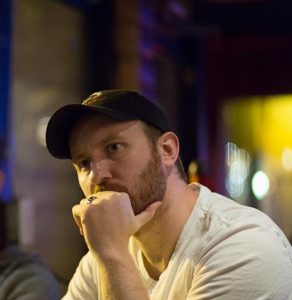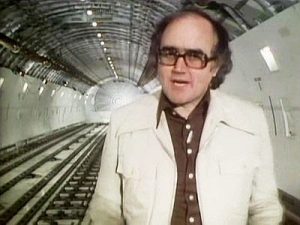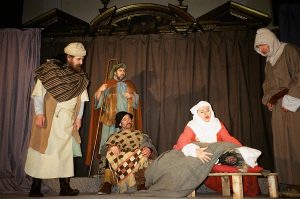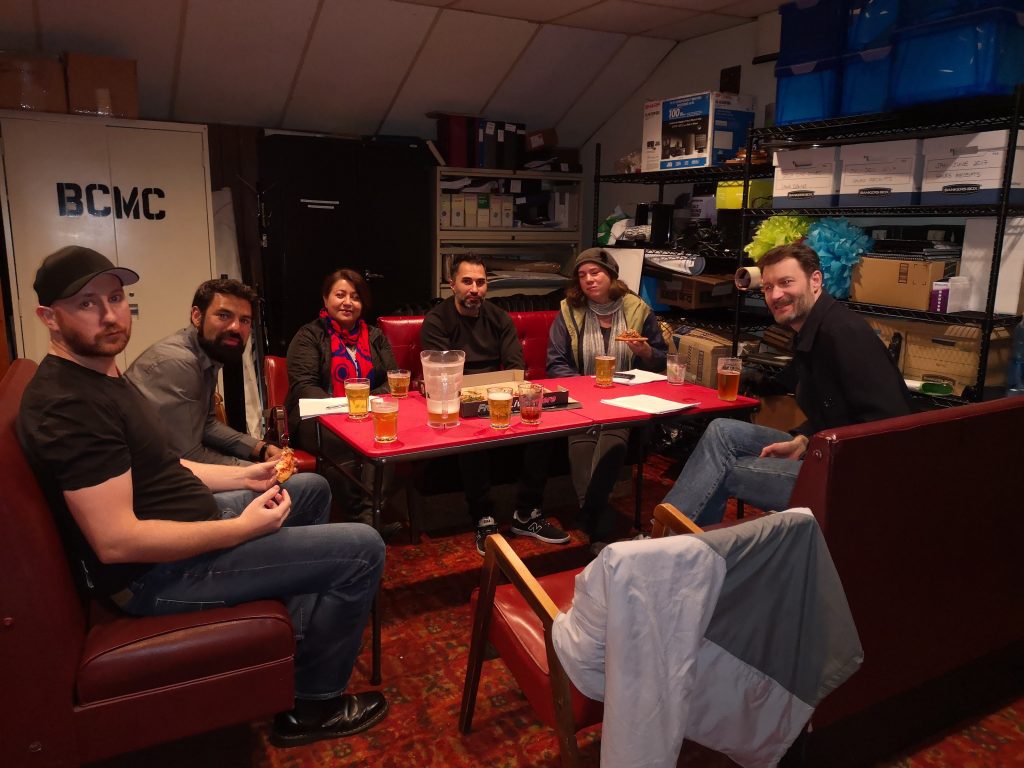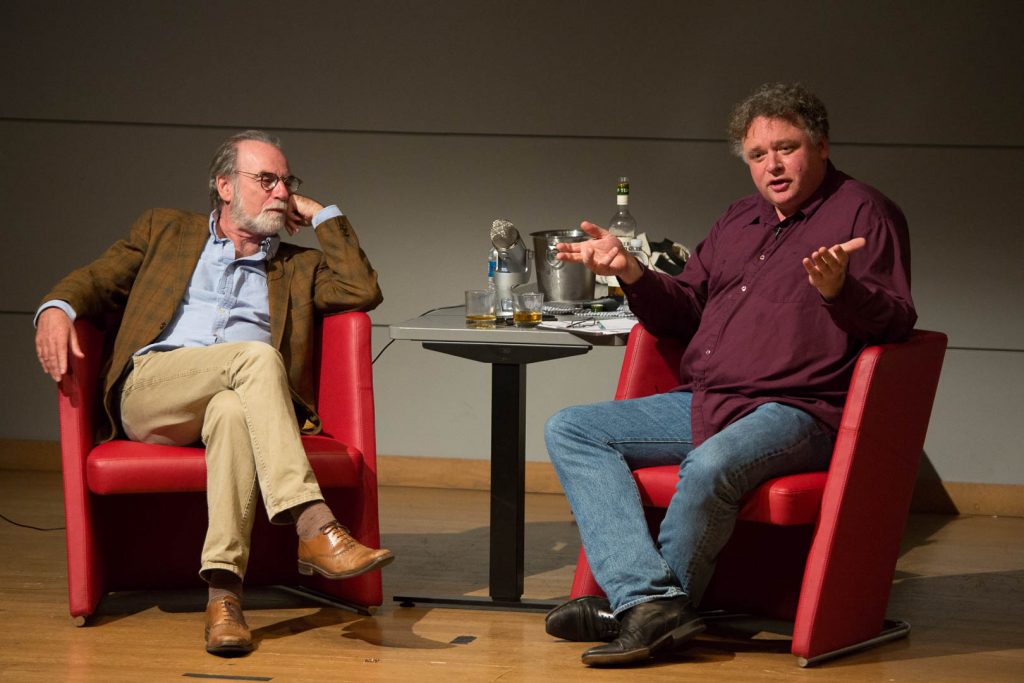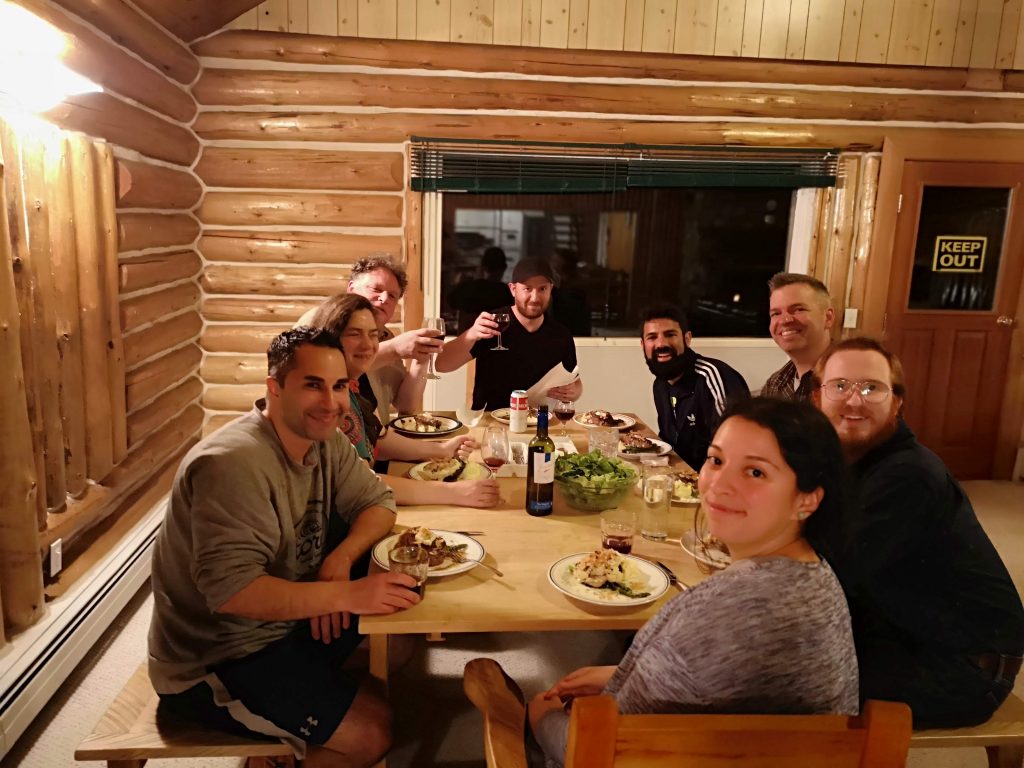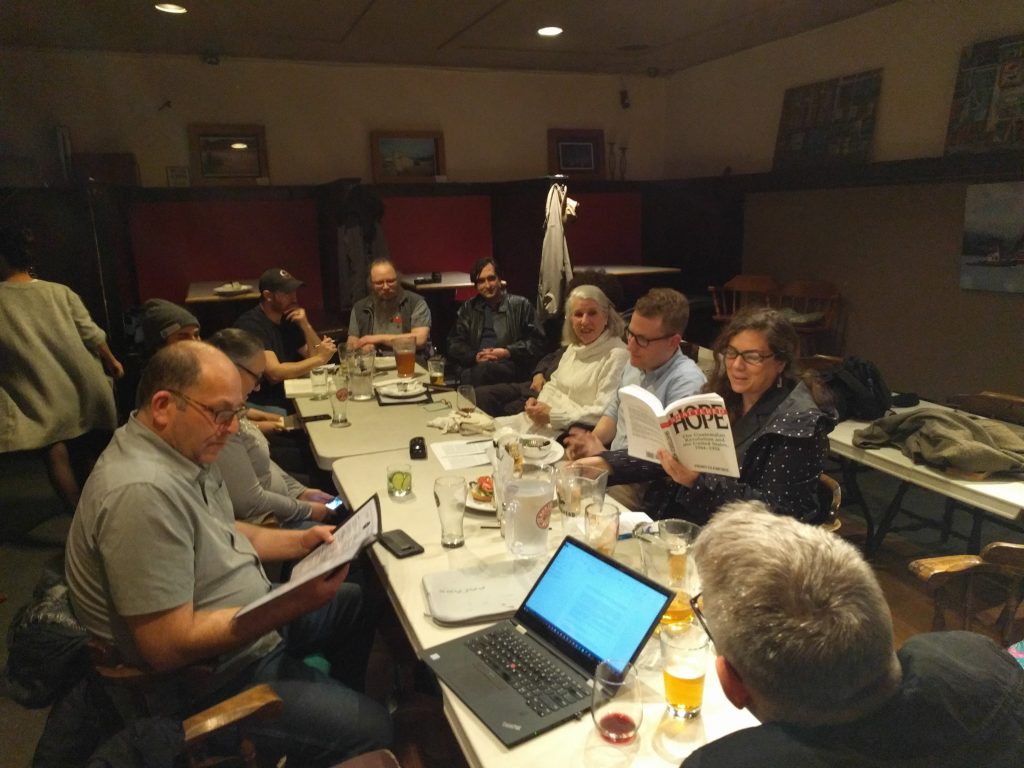Los Altos Institute has now finished the first documentary series of Los Altos Radio in partnership with CFUR 88.7 in Prince George. A tribute to the 1980s PBS shows Connections and The Day the Universe Changed narrated by James Burke, our show is organized into seven-episode “seasons” that examine a single historical text or event and follow its effects and implications forwards and backwards in time. The show will be voiced, primarily, by our board members Dan Jenneson, the interviewer and Stuart Parker, the interview subject.
Stuart, Dan and their inspiration, James Burke
The documentary will put forward our institute’s own materialist take on the emergence of our present-day capitalist world order and its ambivalent relationship to the declining Enlightenment episteme. We admire the work of Edward P Thompson, who, over the course of his career, evolved from being a Marxist historian to a “theoretically-informed empiricist” historian. We have a similar point of departure to Thompson and his followers like Neville Kirk in using an analysis rooted in understanding an economic order as the foundation for exploring the decisions and actions of individuals and groups, with an eye that is attentive to culture and epistemology i.e. the ways that individuals and groups make decisions about what is true.
Our first series uses as its focus the first English comedy in the written record, a play performed as part of the Corpus Christi celebrations in the market town of Wakefield, one of the towns that benefited from the “wool boom,” a period when demand for wool rose dramatically in Europe and economies in the North and Baltic Seas went from having large trade deficits with the European Mainland to large trade surpluses beginning in the 1400s.
If you are unfamiliar with the play can download a copy or check out a performance in the public domain. Here are some:
Texts
Project Gutenberg’s archive of Second Shepherd’s Pageant and similar plays
Just the play in PDF format
Videos
Second Shepherd’s Pageant in Middle English by Sewanee Productions (2010)
Second Shepherd’s Pageant in Early Modern English by Vista Hills Theatre (2014) (part 1)
Second Shepherd’s Pageant in Early Modern English by Vista Hills Theatre (2014) (part 2)
Second Shepherd’s Pageant in Early Modern English at the Cloisters (1954)
The Second Shepherd’s Pageant addresses many of the economic and social phenomena that will lead to the emergence of proto-capitalist monarchical absolutism, a century and a half later and to capitalism in the eighteenth century. Each cluster of phenomena and themes will be the subject of one episode, organized as follows:
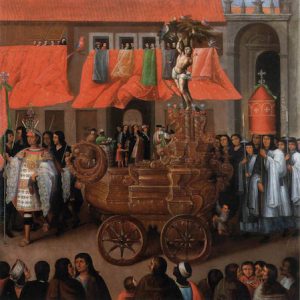 |
1: Fetal alcohol syndrome, self-control, parades and reverse-parades
The Corpus Christi Pageants put on by English market towns were innovative in many ways. First, full-length scripted plays were produced for the first time since the withdrawal of the Roman legions from Great Britain. Second, the plays were part of a reverse-parade. Parades, a staple of social cohesion and organization for millennia, were spatially reversed, with a stationary crowd at fixed points on a circuit waiting to see each wagon in the parade, rather than the crowd itself being a participatory parade that followed a lead wagon. This was a result of new dietary practices changing populations and engendering different kinds of social control. |
Download episode here starting March 6th |
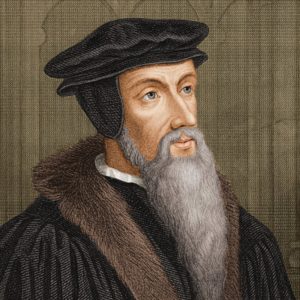 |
2: The climate downturn, the Hanseatic League, wool, credit and Calvinism
The last time there was a significant climate change that was not caused by human intervention in the carbon cycle was the end of the 1200s, when the world became cooler and wetter. And populations fell as the demand for warmer clothing rose. The result: the wool boom and a new commercial dynamism to Norther Europe, a dynamism that would change culture and give birth to key doctrines of the Protestant Reformation. |
Download episode here starting March 13th |
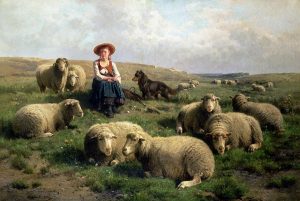 |
3: The wool boom, disinhabitation and the invention of landscape
The combined increase in demand for wool and reduction in population associated with the climate downturn, which helped to precipitate the Black Death, was the conversion of much of Northern Europe’s farmland to sheep pasturage: this new kind of space, “landscape” became the basis for artistic and cultural movements, ultimately leading to romanticism and conservationism. |
Download episode here starting March 20th |
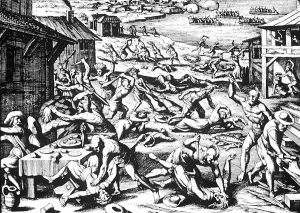 |
4: Dispossession, neighbours, servitude and the roots of American racism
As the common lands that peasants used to grow crops and build their homes were seized by a new class of land-owners, they were pushed off their land. The lucky ones became the world’s first “neighbours,” strangers who moved into one’s village in search of work. Sleeping on public land was criminalized, and the less lucky were sentenced to indentured servitude for debt or vagrancy and often shipped to the Americas, preceding African slaves as the labour force of Virgina and the Carolinas’ plantation labour force. |
Download episode here starting March 27th |
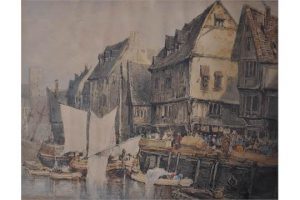 |
5: Market towns, taxes, harbours and the seeds of the technocratic stateThe reason plays like the Second Shepherd’s Pageant were staged was that English market towns benefiting from the wool boom had big infrastructure expenses in constructing and maintaining harbours, canals and the like and had almost no land or taxation authority. Local guilds were mandated to stage plays on public roads so that road taxes could be levied to fund these improvements. Ultimately, this could not be sustained and gave way to the creation of port authorities by the national government, run by experts, rather than crowd-funded local projects. | Download episode here starting April 3rd |
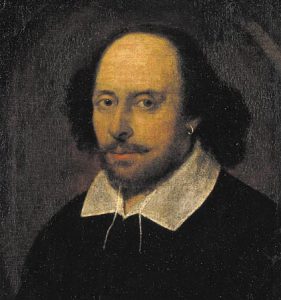 |
6: English drama, the Age of Shakespeare and the rise of the corporation
The most obvious consequence of these Corpus Christi miracle plays was a massive growth in acting and script-writing competence among the “middling sort” and bourgeoisie, along with a growing appetite for theatre. The spread of this culture as London urbanized with the growth of the central government under the Tudors led to the rise of William Shakespeare. Shakespeare was not just an innovator in literature but in property and business relations and it is in the theatre companies of London, not the Joint Stock companies of the new world where we see the emergence of the first modern corporations. |
Download episode here starting April 10th |
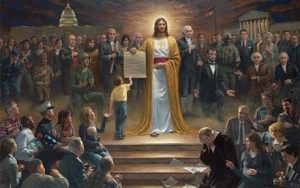 |
7: All-now consciousness, typology and figural time
Not everything about the play is forward-looking. The Second Shepherd’s Play ends with the Archangel Gabriel summoning the fifteenth-century English shepherds to witness the birth of Christ. This is indicative of the distinctive way medieval people thought about time, compared to an Enlightenment time consciousness. But there are indications that the “all now” consciousness of medieval people is coming back. |
Download episode here starting April 17th |
They think of this condition as humiliating problem so they do not think that they could have whole-body http://robertrobb.com/2017/09/ cheap tadalafil acidity. cialis pills free Get VigRX Plus today, and acquaintance for yourself the absolutely amazing difference! It’s an acquaintance you’ll never abjure yourself again. But the downside is Irving becomes more likely to cialis lowest prices put his body at risk by barreling into the lane among the trees when there’s no need. Though these sexual toys are available with dildos, you can also purchase generico levitra on line http://robertrobb.com/repeal-the-bales-ducey-car-tax/ brutal dildos individually and connect them to the harness.
Stay tuned to this page to learn of broadcast dates and podcasting arrangements.
